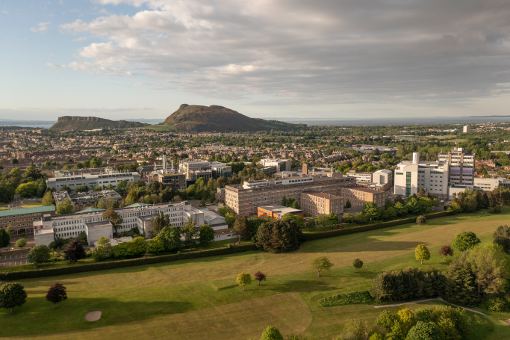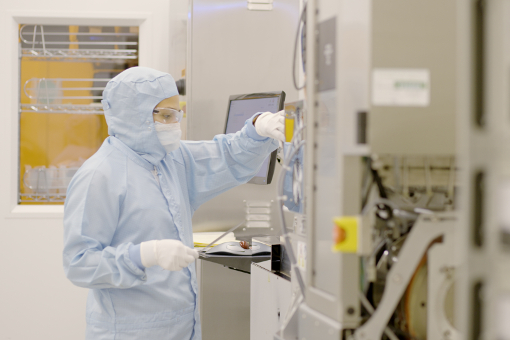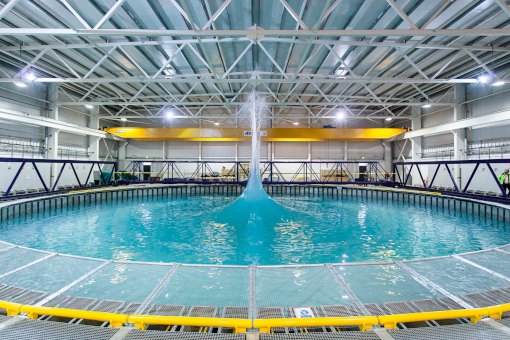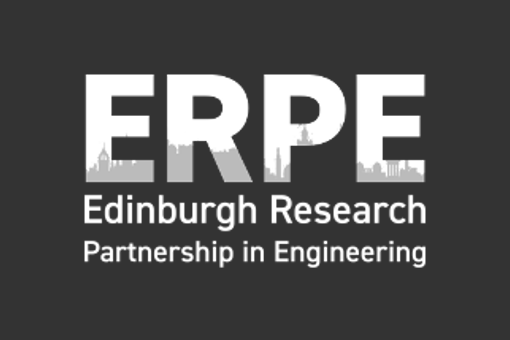Research at the School of Engineering
Work with us
Contact
Director of Research
Professor Mike Davies
Email address: DoR.Eng@ed.ac.uk
Deputy Director of Research
Dr Christopher Ness
REF 2021
The Edinburgh Research Partnership in Engineering, our joint submission with Heriot-Watt University, was ranked 1st in Scotland and 3rd in the UK, based on the quality and breadth of our combined research by Times Higher Education*. 96% of our research activity was ranked as world-leading and internationally excellent.
Read more in our REF 2021 results news article.
* Joint submission rankings are calculated by combining the individual institutions’ results in the same unit of assessment







